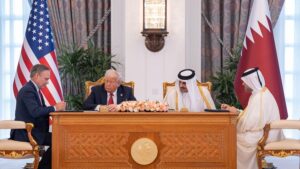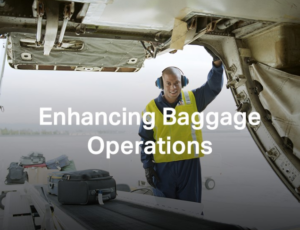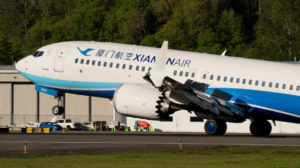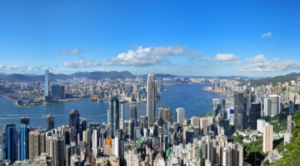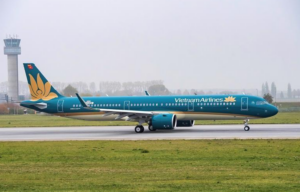2013 Wild Asia Responsible Tourism Awards Winners
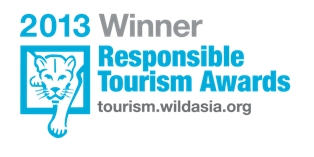
Singapore : The seventh Wild Asia Responsible Tourism Awards revealed its six prestigious winners at Asia’s biggest business-to-business travel trade show, ITB Asia on 25th October in Singapore.
Best in Community Engagement & Development
WINNER – Lisu Lodge, Thailand
Named after the Lisu hill tribe village that is found near the lodge, Lisu Lodge is part of a community-based project that aims to conserve the natural heritage of the hill tribes of northern Thailand. Inspirational commitment to creating a sustainable local economy through capacity building and employment, empowering women’s groups through the conservation of heritage crafts and contributes to a local development fund for community initiatives led by indigenous communities.
FINALIST – Bali CoBTA, Indonesia
Best in Cultural Preservation
WINNER – Apani Dhani, India
Apani Dhani is based in the heart of Rajasthan. They offer eco-friendly accommodation, excursions and activities with locals such as cooking lessons, initiation to traditional arts and crafts. Staying will enable travellers to discover daily life and traditions of rural India. Apani Dhani’s multifaceted cultural mission is based on engaging the community on many levels, supporting local artisans and cottage industries, and campaigning for the protection of historical buildings.
FINALIST – Sampran Riverside, Thailand
Best in Protection of Natural Areas & Wildlife Conservation
WINNER – Scuba Junkie Dive Resort Mabul, Malaysia
Scuba Junkie provides daily dive trips to more than 25 islands (Sipadan Island (frequently voted in the top 10 dives sites in the world)) in the Celebes Sea in Sabah, Malaysian Borneo. They have established a range of partnerships to protect the marine environment and wildlife, ranging from government to marginalized local communities. Managers of the Mabul Turtle Hatchery, chair annual marine week and advise the Semporna Shark Sanctuary.
FINALIST – Ranweli Holiday Village, Sri Lanka
Best in Resource Efficiency
WINNER – Heritance Kandalama, Sri Lanka
Heritance Kandalama is based in the heart of the cultural triangle in Sri Lanka, built overlooking the the rock fortress of Sigiriya. Endorsed by both ISO14001 and ISO50001 management systems for energy and water efficiency, they continuously achieve quantitative goals to reduce consumption. Their Eco Park has been visited by over 1.8million guests, partnering with more than 30 local schools and various conservation bodies – Kandalama has excellent commitment to promoting environmental education.
FINALIST – Frangipani Langkawi Resort & Spa, Malaysia
Most Inspiring Responsible Tourism Accommodation Provider – sponsored by T+L Southeast Asia
WINNER – Soneva Resorts, Maldives & Thailand
Soneva Resorts is the original barefoot luxury brand, and still one of the travel industry’s greatest innovators. The acronym SLOW LIFE (Sustainable-Local-Organic-Wellness Learning-Inspiring-Fun-Experiences) explains the Soneva philosophy. Soneva supports clean water projects, an orphanage initiative and a hunger alleviation charity. They have helped implement a local ban on shark fishing, established a coral restoration project, and their innovative carbon calculator ensures they continuously strive for inspirational resource efficiency.
FINALIST – Sukau Rainforest Lodge, Malaysia
Most Inspiring Responsible Tour Operator
WINNER – ViaVia Jogja, Indonesia
ViaVia tours, based in Jogjakarta, all offer something unique – including adventure, gastronomy and culture. ViaVia is also an arts hub providing space to young local artists, whilst supporting marginalized groups. Parts of the ViaVia profits go to support educational, social and cultural projects in and around Jogjakarta. They have provided humanitarian assistance to local natural disasters, helped establish a rural community library and delivered free training to local groups and guides.
FINALIST – Papua Expeditions, Indonesia
Amy McLoughlin, Awards Coordinator, opined “ All of them are role models for the industry. Their investment in community engagement, workers’ welfare, cultural conservation and environmental stewardship – make the travel industry a more exciting place to work. Most importantly, they’re supporting long lasting development in their destinations across Asia, ensuring a more sustainable future for the places we love to visit”.


